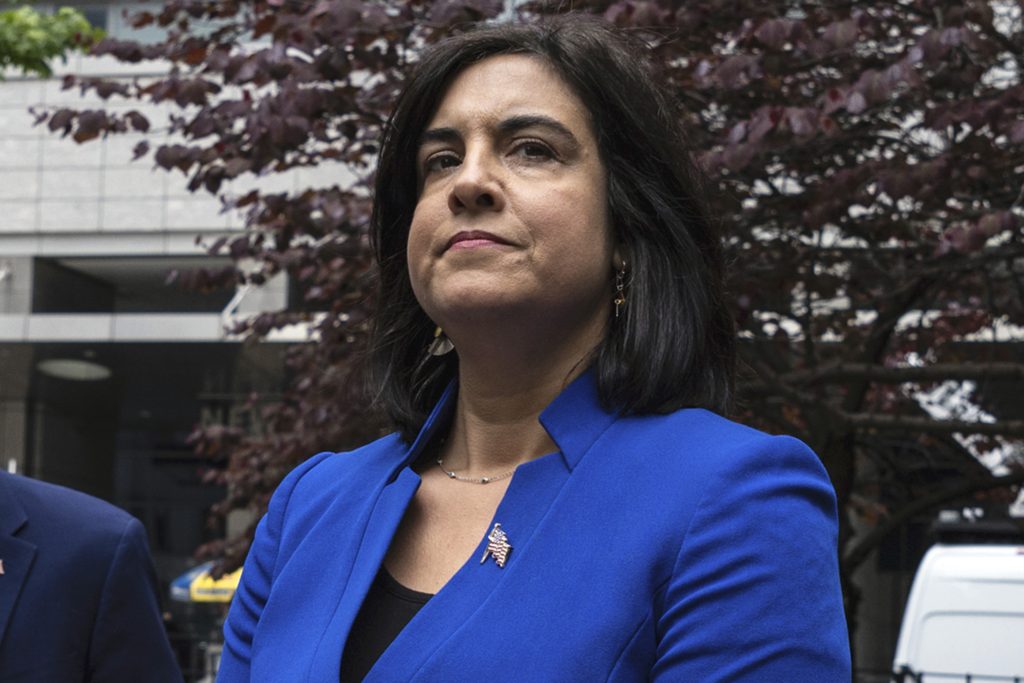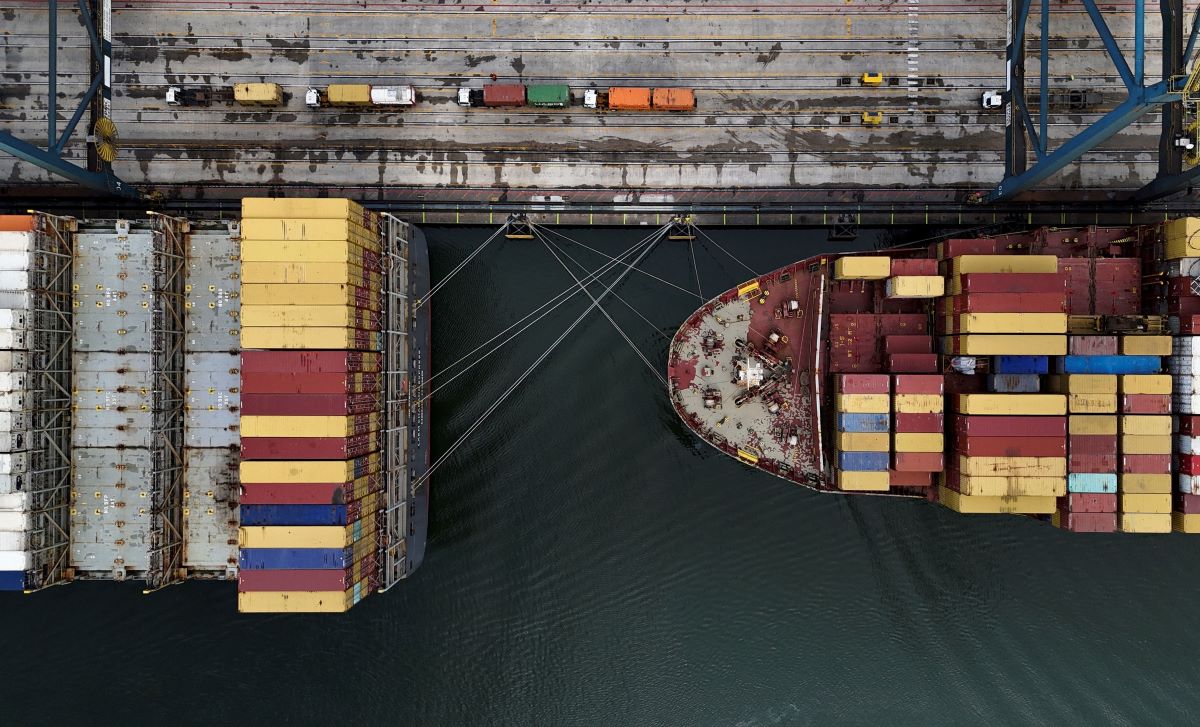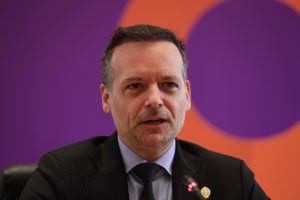Greece’s Government Economic Policy Council, chaired by Deputy Prime Minister Kostis Hatzidakis, will convene on Monday, April 7, with Prime Minister Kyriakos Mitsotakis expected to be present.
The meeting comes at a time of heightened global economic uncertainty, spurred by the new U.S. tariffs introduced by President Donald Trump. With trade tensions escalating, the Council is set to assess the potential repercussions for the Greek economy and chart a course to safeguard growth and stability.
Kicking off the session, Michael Arghyrou, head of the Prime Minister’s Economics Office, is expected to present an overview of the broader economic landscape.
High on the agenda are key issues concerning infrastructure, exports, and competitiveness. The government aims to set a clear timetable and define targets that will accelerate its economic agenda and improve the political climate.
While domestic challenges may prove more manageable, the international backdrop remains volatile and unpredictable—fueling anxiety about the months ahead. The European Union, itself divided over recent trade developments, offers little in the way of a stable refuge for smaller, less competitive economies like Greece.
A potential slowdown in global trade would inevitably impact Greek exports. Although direct exposure to the U.S. market is relatively low—accounting for just 5% of exports—the ripple effects could still be felt.
In response, Greece must speed up its reform efforts to remain a competitive and attractive destination for investment, despite the turbulence in international trade.
These issues are expected to dominate the discussion today, as the government weighs possible protective measures for the country.
The focus will also turn to sectors that, for various reasons, did not perform as expected in recent years—particularly competitiveness. Boosting resilience in strategic areas such as energy, raw materials, technology, institutional integrity, and fiscal discipline will be essential to ensuring continued export growth, even as the global landscape becomes increasingly fragmented.




